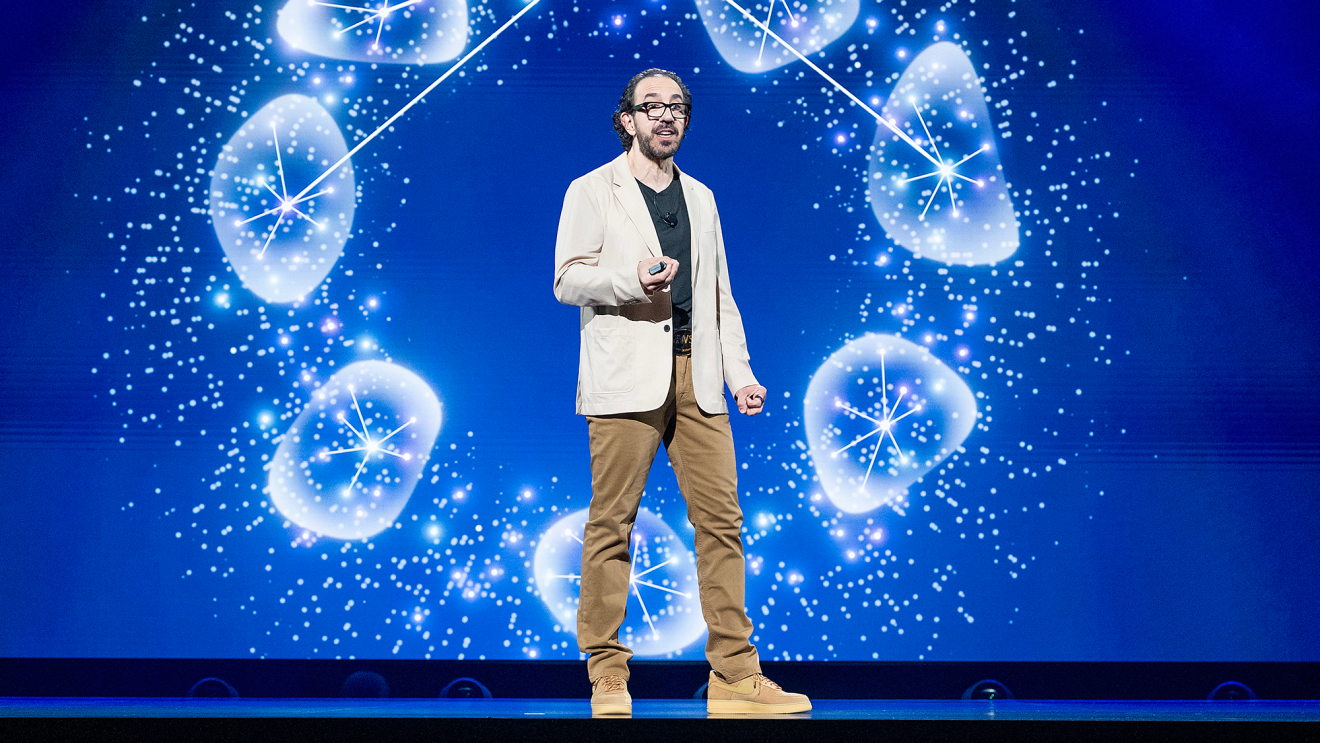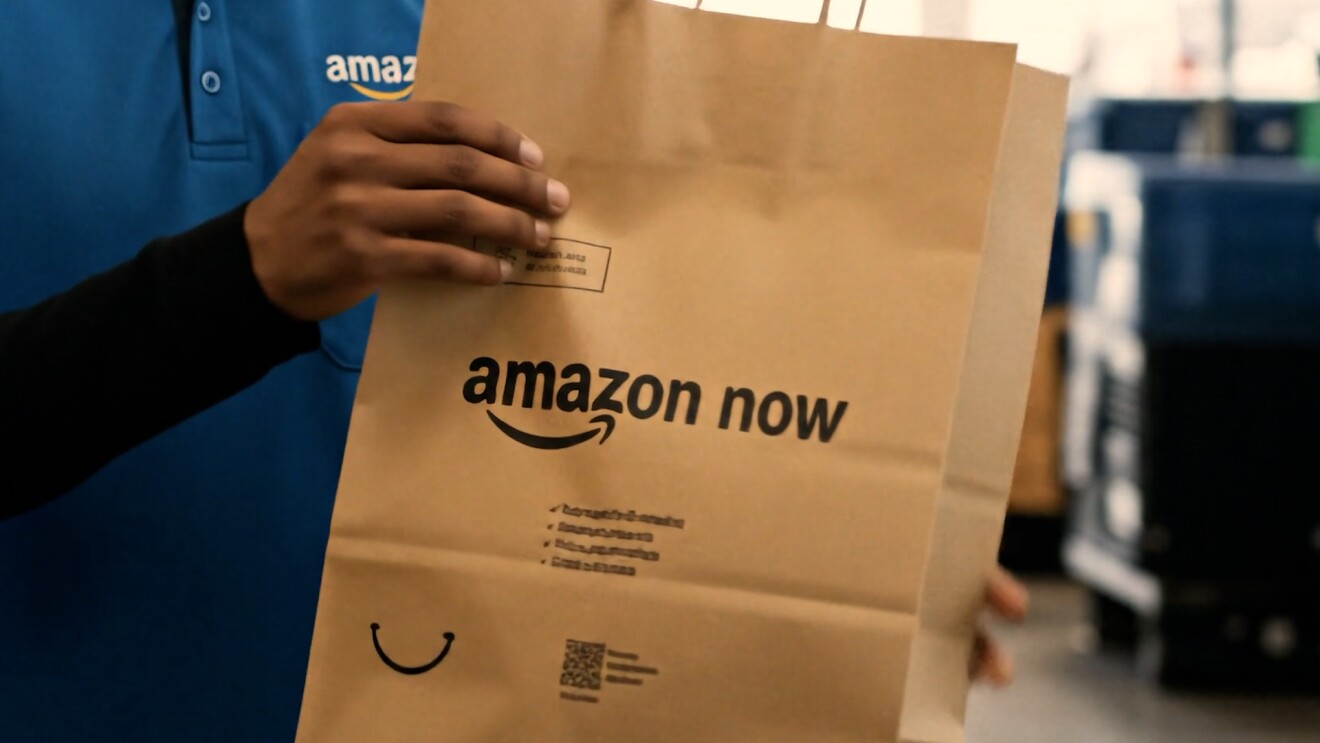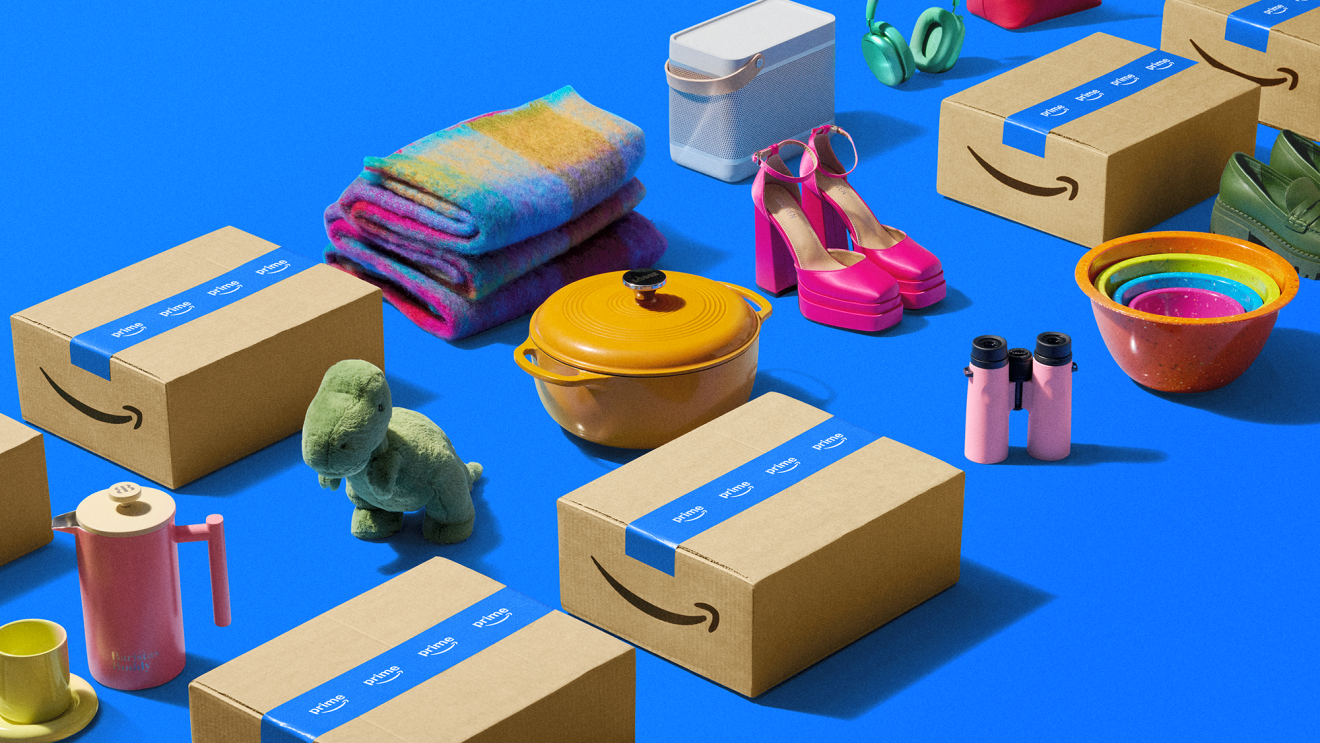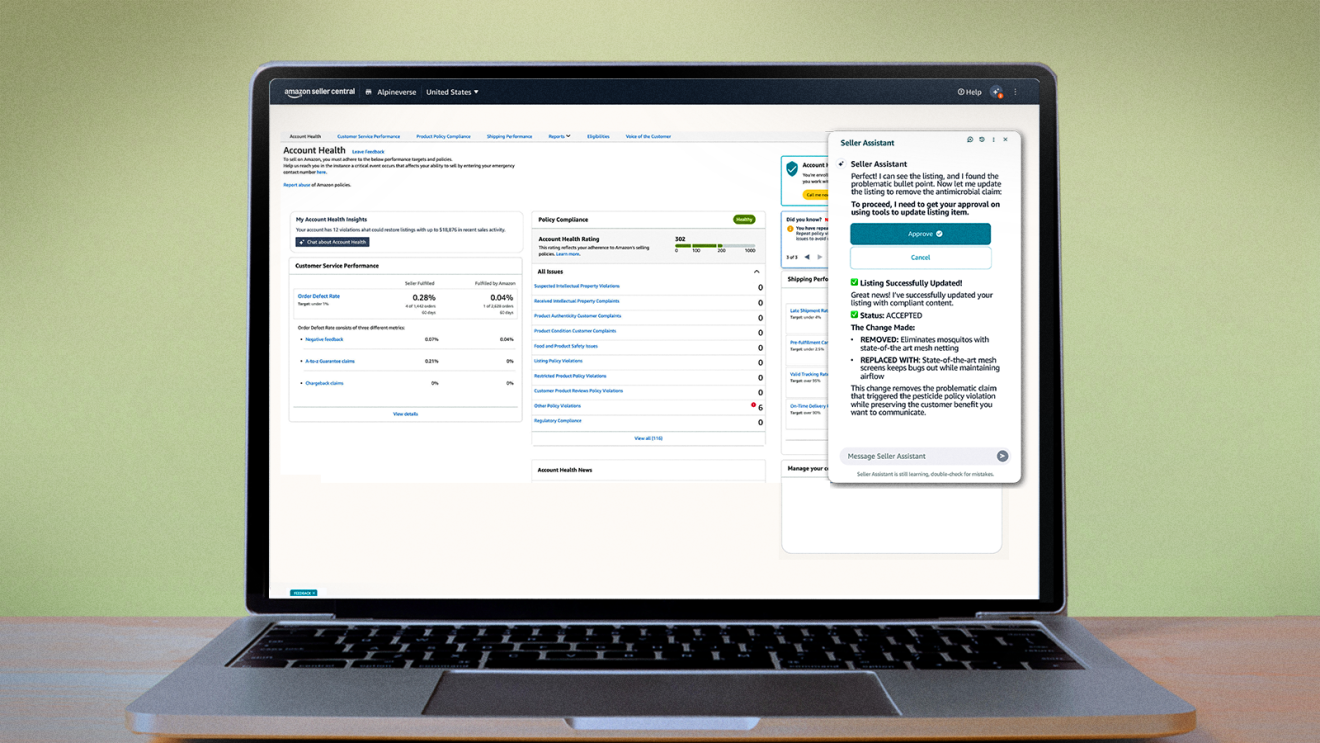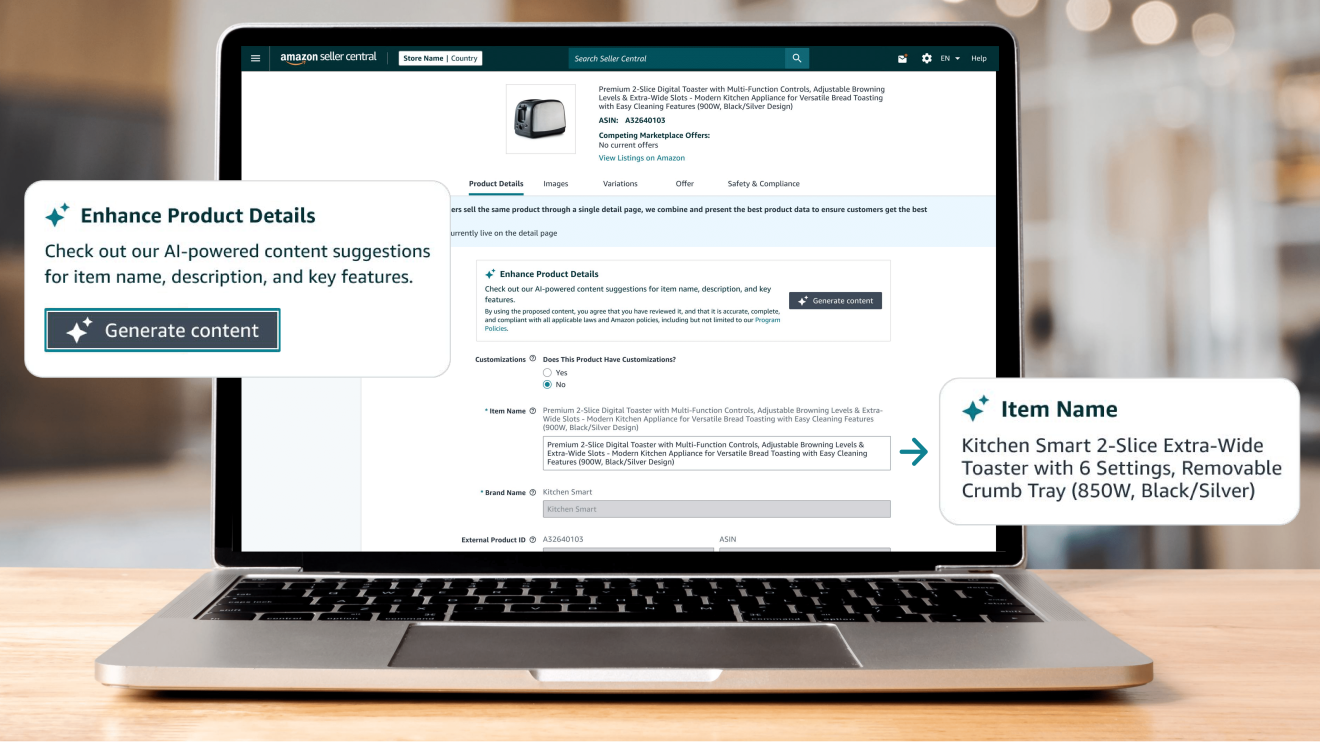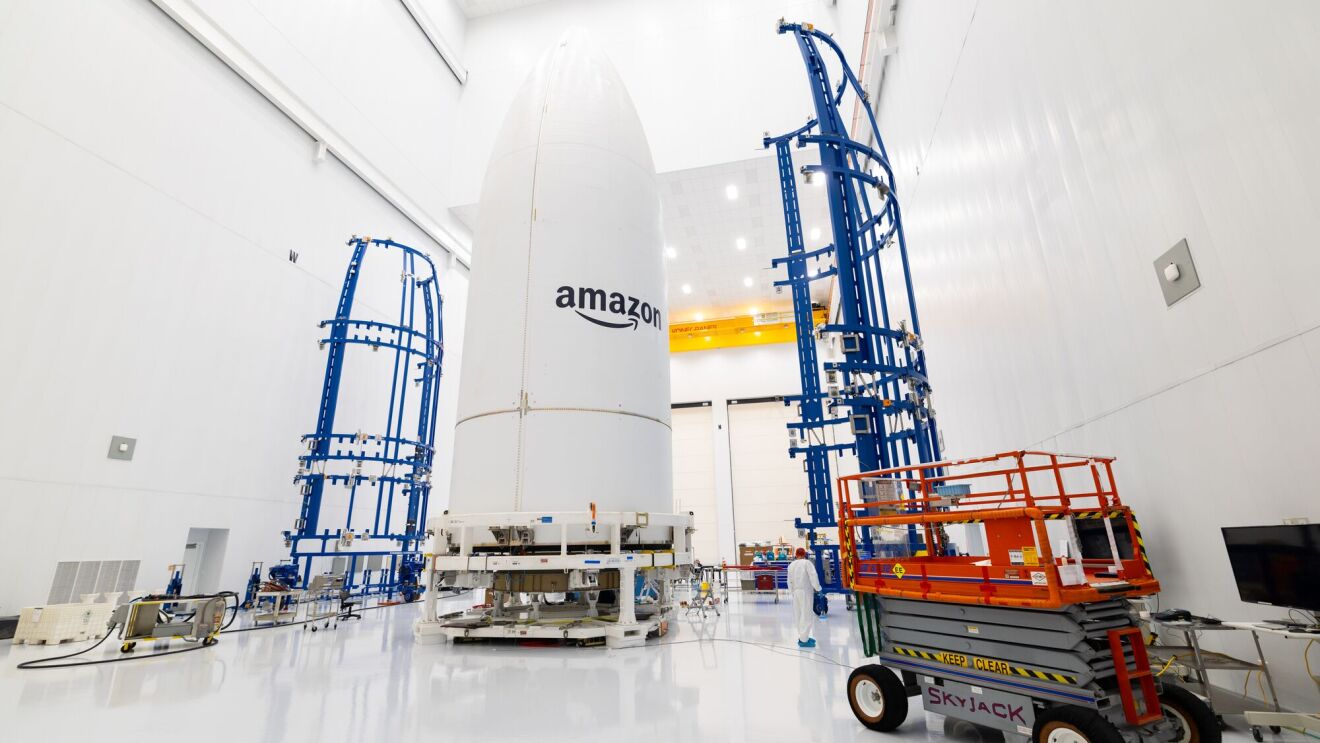As the COVID-19 pandemic stretches into autumn, it continues to upend the usual rules of work, travel, education, and everyday life. Although specific guidance varies between countries, states, and even cities on how to safely navigate previously routine activities, certain safety measures are universal to prevent the spread of the virus. For instance, it is essential to wear a mask, remain socially distanced, stay home if you're exhibiting symptoms or think you've been exposed, and clean surfaces regularly. We all share in the responsibility to follow these common sense guidelines, but it is also necessary for governments, businesses, schools, and other large organizations to look for ways to implement them at scale. This is an area where AWS customers and partners are stepping up, using the cloud to develop and deploy new services that can help large numbers of people to avoid infection. Their efforts are crucial to getting us through some of the worst impacts of COVID-19 and preparing us to address future outbreaks of disease.
Large public spaces such as stores, hotels, transportation hubs, offices, and other venues where people congregate pose a challenge to re-open given their tremendous square footage and the high volume of people who pass through them. Cleaning automation coupled with improved safety technologies such as temperature checking sensors and touchless kiosks have emerged as viable ways to keep public spaces as safe as possible. Brain Corp, a robotics pioneer built on AWS, has deployed autonomous floor scrubbers across retail establishments, airports, and hospitals, performing frequent cleanings. The company is donating $1.6 million worth of robots and services during COVID-19 so that essential businesses can use a cleaning robot free of charge. Meanwhile, Australia’s Elenium Automation is using its extensive experience in self-service automation to help people avoid contact with traditionally high-touch surfaces in public spaces, such as the check-in kiosks at airports and healthcare facilities. Elenium’s touchless technologies, use a combination of AWS's voice and facial recognition tools to identify and process user requests. Additionally, indicators of viral infection including body temperature, heart rate, and respiratory rate can be detected to raise flags before a potentially sick individual boards a plane or enters a similarly contained space. Similarly, computer vision specialist Bigmate adapted a system called Thermy to passively check people entering a building for potential health risks. Thermy uses a combination of thermal cameras, AWS IoT, and machine learning services to detect if a person has an elevated body temperature, and can observe the temperatures of multiple people at the same time, even while they are in motion, with sensitivity to +/- 0.2 degrees.
Among the many steps taken to combat the virus, social distancing is considered one of the most effective ways to slow its spread. Technology can help business owners monitor compliance with social distancing guidelines and intervene if necessary to enforce it so that they can safely remain open. AWS customer iViu Technologies, a developer of indoor positioning technologies, adapted its anonymous data collection technology that studies customer shopping patterns in retail stores to also monitor customer traffic patterns in grocery stores, office buildings, and shopping centers. By monitoring occupancy levels of designated zones within buildings, the store can effectively manage store traffic to ensure shoppers are adhering to social distancing guidelines. A related technology developed by Australia’s Unleash live applies its proprietary machine learning solution that is built on AWS to extract visual data from existing camera infrastructure in cities and businesses to count the number and density of people in a live video feed. The system can identify crowding, analyze trends across the day, and even alert local government departments and transport authorities via text if the number of people gathered in close proximity crosses a threshold so that those authorities can ask those individuals to spread out or close down certain areas.
While it's unclear when employees will return to the work place in large numbers, what is clear is that when they do get there the workplace will look very different. The need for social distancing and the personal preference to travel separately from others, will mean that commuting might take a different shape, with walking, biking, and driving becoming more popular.
As we anticipate venturing back out into the world, it is good to know that there are companies that are innovating new ways to help us do so safely. Leveraging the adaptability and scale of AWS, they are building the technology backbone that will enable us to return to work and school, reunite with friends and family, and run even the most mundane errands while mitigating our exposure to risk.
To learn about other ways that AWS, our customers, and our partners are contributing to COVID-19 response around the world, please visit the AWS blog and the AWS COVID-19 response page.


